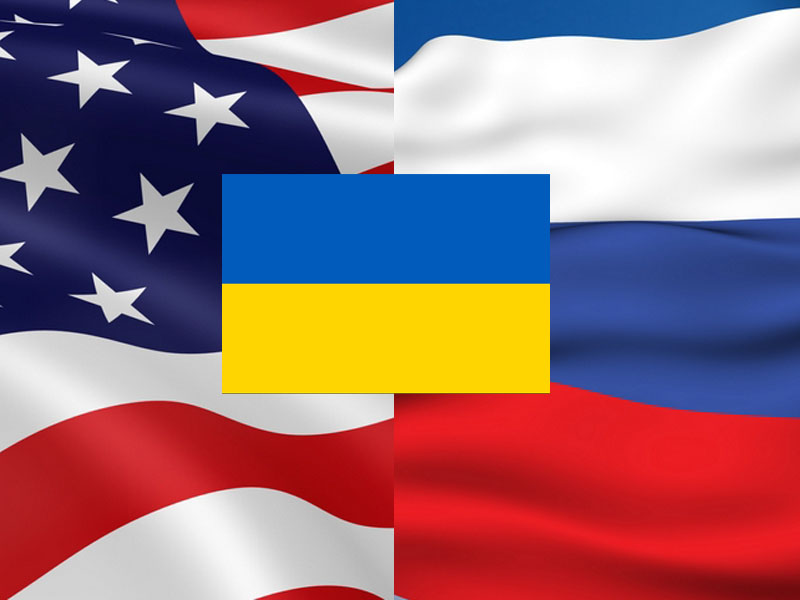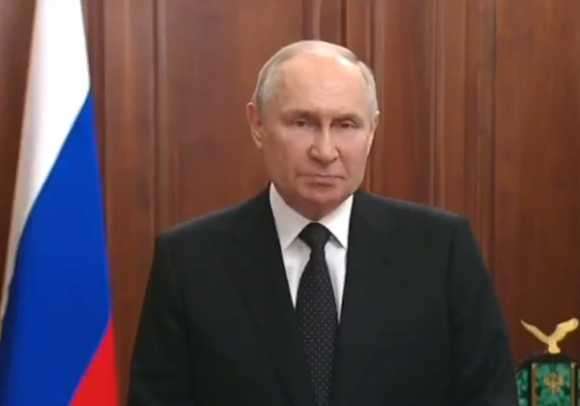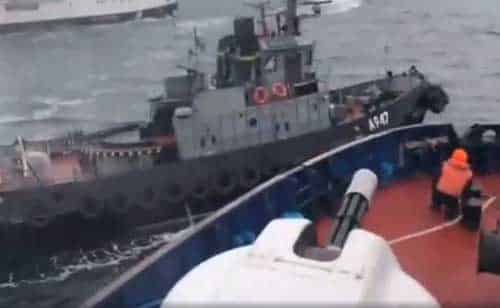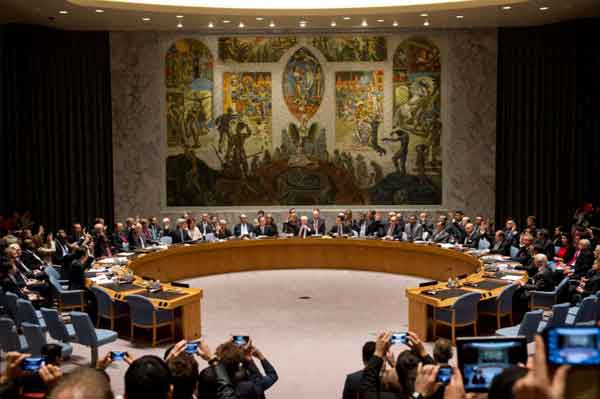
Ukrainian President Petro Poroshenko has ordered officials to create corridors to allow people in eastern Ukraine to escape areas that have seen months of fighting and safely move to other parts of the country.
The president announced the move Tuesday, saying he wanted to “avoid new victims” as Ukrainian forces battle to regain control of key government facilities from pro-Russian separatists.
Russian Foreign Minister Sergei Lavrov said Tuesday that Russia welcomes Poroshenko’s order. At a news conference in St. Petersburg, after talks with his German and Polish counterparts, Lavrov said it is necessary to focus on ending the fighting in Ukraine and beginning a dialogue among Ukraine’s regions.
Visiting Kyiv Tuesday, U.S. Assistant Secretary of State Victoria Nuland pledged U.S. support for economic development and efforts to stabilize the situation in eastern Ukraine.
Nuland again congratulated the Ukrainian people for a “free and fair” election.
“And now the real work begins, of healing the country, cleaning the country, rebuilding the country, revitalizing the country, giving the people of Ukraine the unified, dignified democratic European prosperous country that you deserve,” she said.
‘Mutual understanding’
Ukraine’s foreign ministry said Monday it had reached a “mutual understanding” with Russia on key stages of a peace plan to end the fighting in the Luhansk and Donetsk regions of Ukraine, near the Russian border.
A ministry statement gave no details of the agreement, which came after two days of negotiations mediated by the Organization for Security and Cooperation in Europe.
Casualties on both sides have mounted since Ukraine strengthened its military operation in the east following Poroshenko’s May 25 election. The president has demanded that Russia immediately withdraw support for the rebellion.
In his inaugural address Saturday, Poroshenko insisted that Crimea, seized by Russia in March, is and will remain Ukrainian. But he also pledged to establish dialogue in the Russian-speaking east aimed at easing political and ethnic tensions. Moscow has demanded such talks as the basis for any future bilateral cooperation.








